Student mentorship alumni discovery boards represent powerful platforms connecting current students with accomplished graduates who can provide career guidance, industry insights, professional networking, and personal mentorship that transforms educational experiences into successful career launches. When schools and universities implement effective discovery systems enabling students to find and connect with alumni mentors matching their interests, aspirations, and backgrounds, they create sustainable engagement ecosystems benefiting students seeking guidance and alumni desiring meaningful institutional connection.
Yet many institutions struggle to facilitate these valuable connections systematically. Alumni databases remain underutilized resources, students don’t know which graduates might mentor them, accomplished alumni remain disconnected from mentorship opportunities, and institutions lack platforms making meaningful connections easy and sustainable. Meanwhile, research consistently demonstrates that mentored students achieve higher academic performance, stronger career outcomes, increased institutional satisfaction, and higher retention rates compared to peers without mentorship support.
This comprehensive guide explores evidence-based strategies for creating and managing student mentorship alumni discovery boards through modern digital platforms, systematic program design, effective relationship facilitation, and sustainable engagement approaches that deliver lasting value to students, alumni, and institutions.
Effective student mentorship alumni discovery boards extend beyond simple alumni directories—they create searchable, engaging platforms where students can explore alumni profiles, filter by career fields or interests, understand mentors’ backgrounds and expertise, and initiate connections that develop into meaningful relationships supporting academic success and career development while strengthening alumni engagement and institutional pride.
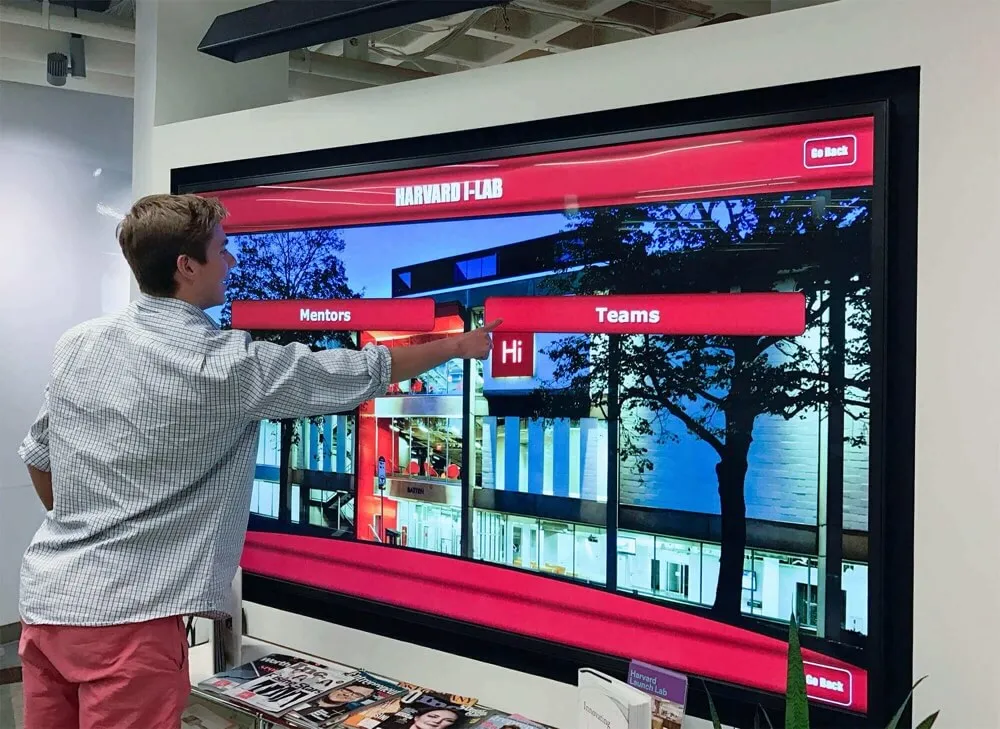
Modern discovery boards provide intuitive interfaces enabling students to explore alumni mentor profiles and identify potential connections matching their career interests and goals
Understanding Student-Alumni Mentorship Program Benefits
Before implementing discovery boards, understanding comprehensive benefits helps institutions commit appropriate resources to programs delivering measurable impact for all stakeholders.
Student Success and Career Development Impact
Enhanced Academic Performance
Research demonstrates that mentored students achieve measurably better academic outcomes:
- Higher grade point averages compared to non-mentored peers
- Increased course completion rates and reduced withdrawal
- Greater engagement with challenging academic material
- Stronger connection between coursework and career applications
- Improved time management and study skills through mentor guidance
- Enhanced confidence navigating academic challenges
According to educational research, students participating in structured mentorship programs report 15-25% higher satisfaction with their educational experiences and demonstrate significantly stronger persistence toward degree completion.
Career Exploration and Clarity
Alumni mentors provide invaluable career development support:
- Real-world insights about specific industries and career paths
- Honest perspectives about daily professional realities versus student assumptions
- Guidance about educational preparation and credential requirements
- Networking introductions connecting students to professional opportunities
- Resume and interview preparation from hiring decision-makers
- Internship and job opportunity awareness through mentor networks
- Course selection advice aligned with career goals
Students with alumni mentors demonstrate greater career clarity earlier in their educational journeys, enabling more strategic academic planning and focused skill development.
Learn about comprehensive alumni engagement strategies that complement mentorship programs.
Alumni Engagement and Institutional Connection
Meaningful Volunteer Opportunities
Mentorship provides alumni with purposeful engagement:
- Flexible participation fitting busy professional schedules
- Direct impact seeing students benefit from guidance
- Intellectual stimulation through conversations with motivated students
- Professional satisfaction sharing expertise and experience
- Connection to institutional mission and educational values
- Pride supporting next generation success
- Relationship building with fellow alumni mentors
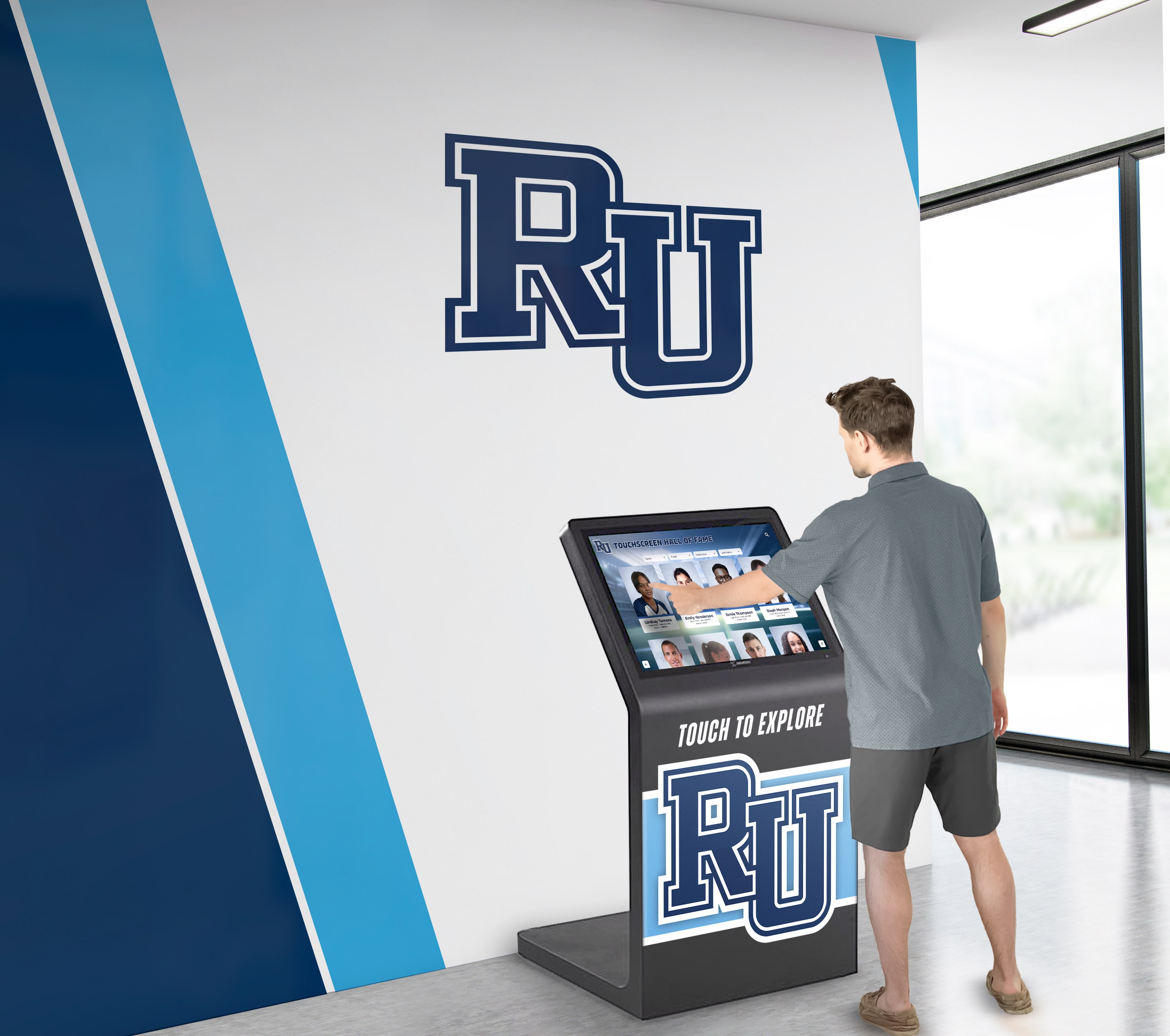
Accessible discovery boards positioned strategically on campus encourage spontaneous student exploration of alumni mentor opportunities
Sustained Institutional Relationships
Active mentors maintain stronger institutional connections:
- Regular campus engagement through mentorship activities
- Increased awareness of current institutional priorities and developments
- Stronger emotional connection through meaningful student relationships
- Higher likelihood of continued involvement through other volunteer opportunities
- Greater responsiveness to fundraising and advancement communications
- Positive word-of-mouth promoting institutional reputation
- Increased likelihood of recruiting prospective students
Alumni participating in mentorship programs demonstrate 30-40% higher rates of subsequent philanthropic giving compared to non-participating graduates, according to advancement research.
Institutional Benefits and Reputation Enhancement
Student Retention and Completion
Mentorship programs contribute to institutional success metrics:
- Reduced student attrition through enhanced connection and support
- Increased on-time graduation rates as students navigate challenges effectively
- Stronger student satisfaction reflected in institutional surveys
- Enhanced sense of belonging particularly for first-generation students
- Reduced feelings of isolation especially at large institutions
- Greater persistence through difficult academic transitions
Recruiting and Reputation Advantages
Mentorship programs strengthen institutional positioning:
- Compelling recruitment messaging about career support
- Differentiation from competitors lacking structured mentorship
- Demonstrated commitment to student success beyond classroom instruction
- Alumni success stories providing tangible outcome evidence
- Parent confidence in student support systems
- Positive media coverage highlighting innovative student support
Explore comprehensive alumni recognition approaches that support mentorship program visibility.
Essential Components of Effective Alumni Discovery Boards
Creating successful discovery platforms requires thoughtful integration of technology, content, and user experience design ensuring students can easily find relevant mentors.
Comprehensive Alumni Profile Information
Professional Background and Expertise
Effective profiles provide substantive career information:
- Current employer and position with responsibilities description
- Career trajectory showing progression from graduation to present
- Industry expertise and specialized knowledge areas
- Educational background including advanced degrees and certifications
- Geographic location enabling local networking when relevant
- Career transition experiences providing insight for students contemplating similar paths
- Professional achievements and recognition demonstrating expertise
Mentorship Preferences and Availability
Clear expectations enable appropriate matching:
- Specific topics or questions mentors feel qualified addressing
- Preferred communication methods—phone, video conference, email, in-person
- Time commitment availability and response expectations
- Geographic preferences for local versus remote mentorship
- Student level preferences—undergraduate, graduate, specific programs
- Areas mentors prefer not discussing to set appropriate boundaries
- Current mentee capacity indicating availability for new relationships
Personal Background and Connection Points
Relatable information facilitates authentic connections:
- Student organization involvement during attendance
- Athletic participation or other extracurricular activities
- Academic major and minor programs of study
- Favorite professors or influential experiences
- Campus work or leadership positions held
- Hometown and background information
- Hobbies and personal interests outside professional life
- Challenges overcome during educational journey
This comprehensive information enables students to identify mentors with relevant professional expertise, appropriate availability, and personal connection points that facilitate comfortable relationship initiation.
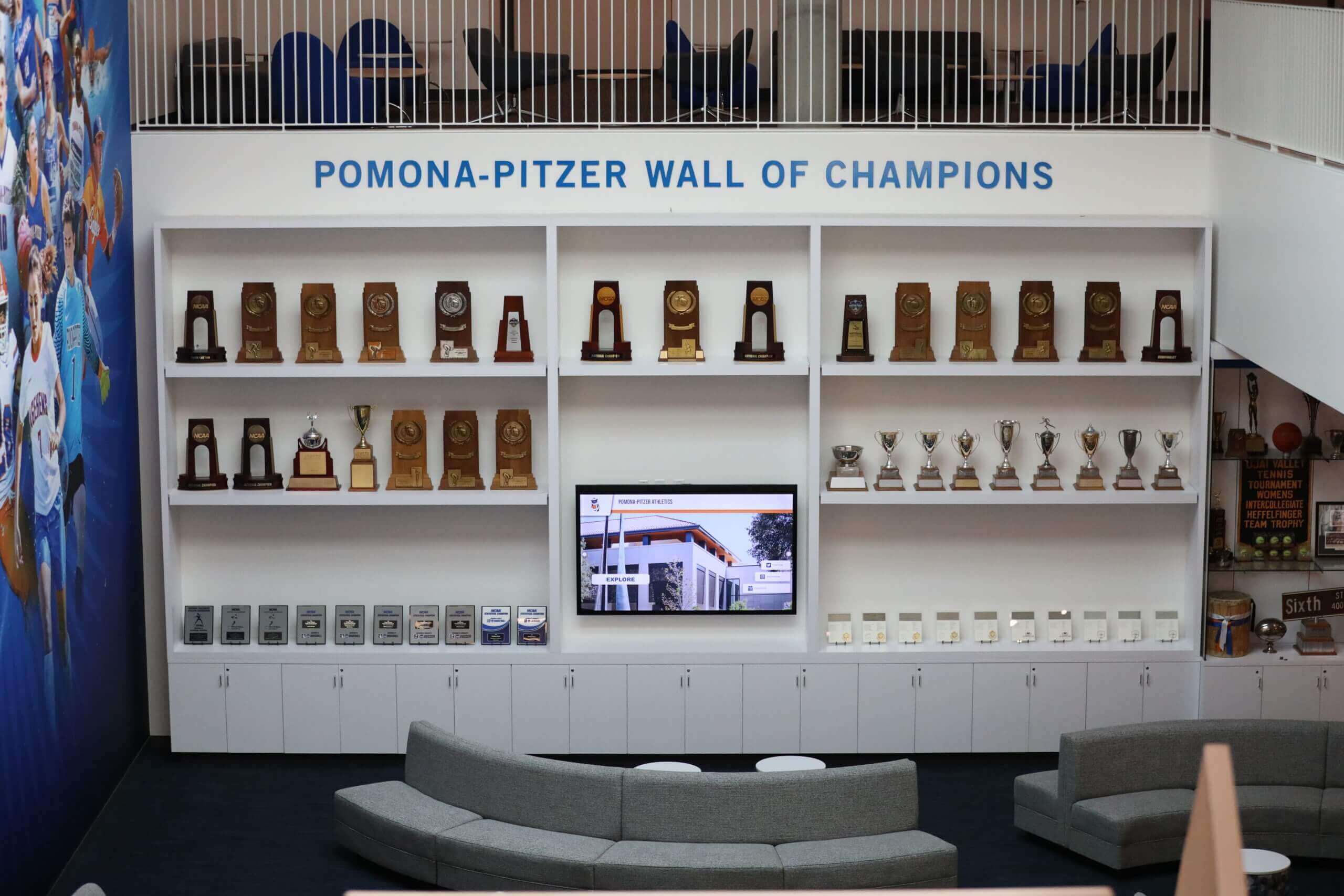
Physical alumni spaces complement digital discovery boards by providing comfortable environments for in-person mentorship meetings during campus visits
Powerful Search and Filter Capabilities
Industry and Career Field Filters
Students need efficient ways to find relevant mentors:
- Industry categories—healthcare, technology, finance, education, government, nonprofit
- Specific career functions—marketing, engineering, operations, research, teaching
- Company type preferences—corporate, startup, nonprofit, government, academia
- Geographic location for students interested in specific regions
- Career stage options from recent graduates to senior executives
- Entrepreneurship and business ownership for students considering ventures
Educational and Demographic Filters
Additional filters enable targeted discovery:
- Academic program or major for field-specific guidance
- Graduation decade connecting students with various career stages
- Student organization affiliations finding mentors with shared experiences
- First-generation college student status for students seeking similar background mentors
- International student experience for students navigating similar challenges
- Athletic participation connecting student-athletes with former athletes
- Demographic characteristics when students prefer similar background mentors
Interest and Topic-Based Searching
Topical search capabilities address specific needs:
- Keyword searching for specific skills, companies, or experiences
- Topic tags—graduate school preparation, career transitions, work-life balance, entrepreneurship
- Advice category filters—resume review, interview practice, networking guidance, industry insights
- Geographic mobility topics for students considering relocation
- Specific challenge areas—imposter syndrome, confidence building, skill development
These robust search capabilities ensure students can quickly identify the most relevant mentors rather than browsing hundreds of profiles hoping to find appropriate matches.
Understanding digital recognition display options provides context for discovery board technology selection.
User-Friendly Interface Design
Intuitive Navigation for Students
Discovery boards must accommodate varying technical comfort:
- Simple, clean interface design reducing cognitive load
- Clear category organization reflecting how students naturally think about careers
- Featured mentor spotlights providing entry points for exploration
- Recent additions highlighting newly available mentors
- Popular mentor indicators showing frequently requested connections
- Saved profiles enabling students to bookmark interesting mentors
- Connection history showing previous mentor interactions
Mobile Accessibility
Contemporary students expect smartphone functionality:
- Responsive design adapting to various screen sizes
- Native mobile applications when budget permits
- Touch-friendly interface elements sized appropriately
- Efficient loading even with limited bandwidth
- Offline capability for saved profiles when possible
- Push notifications for mentor responses and program updates
- Quick action buttons enabling one-tap communication initiation
Accessibility for All Users
Inclusive design ensures universal access:
- Screen reader compatibility for visually impaired users
- Keyboard navigation for users unable to use pointing devices
- Adequate color contrast meeting accessibility standards
- Alternative text for all images and visual elements
- Closed captioning for any video content
- Text size adjustment capabilities
- Multiple language support when serving diverse populations
Learn about interactive touchscreen display technology applicable to discovery board hardware.
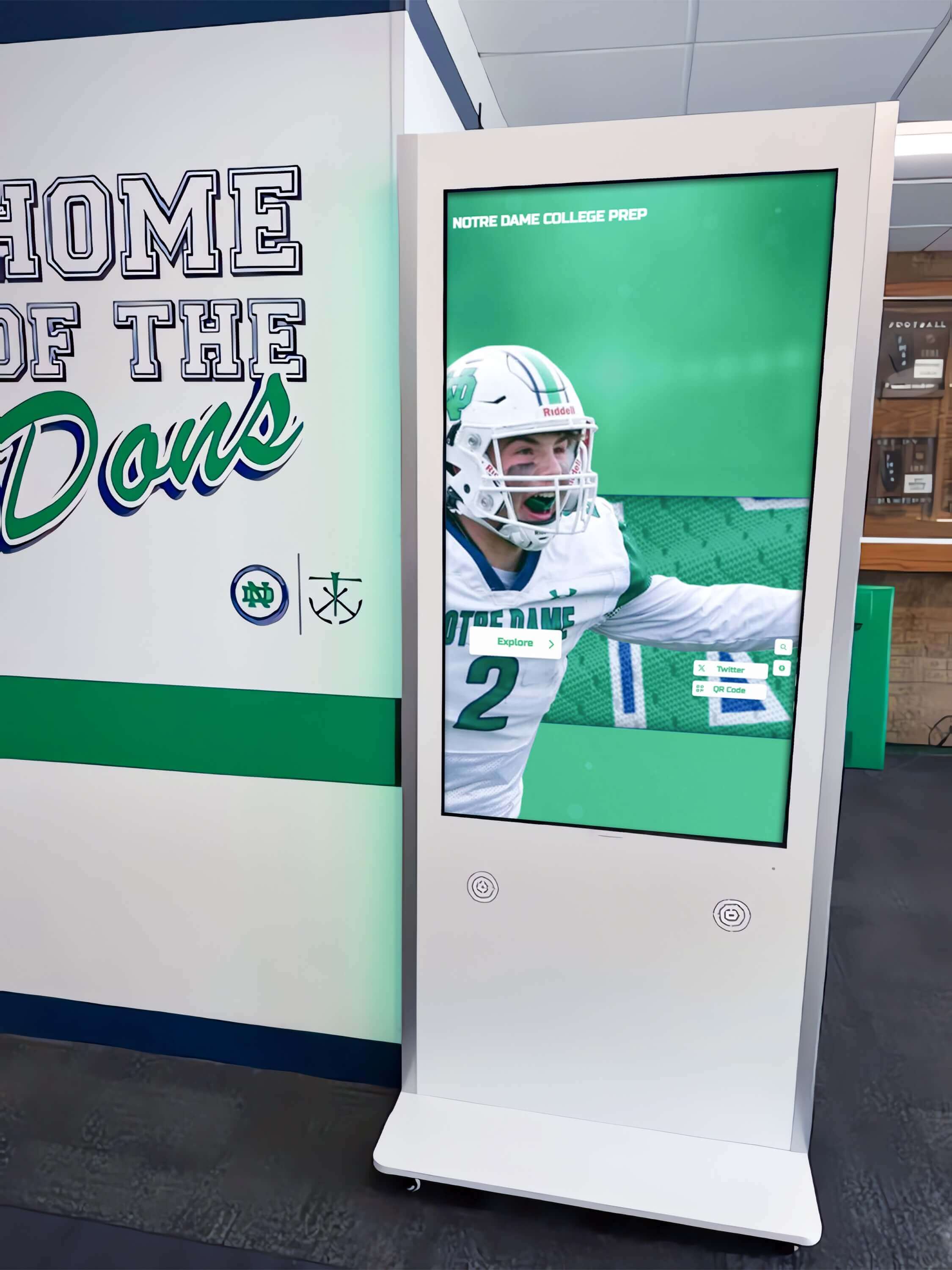
Strategically positioned discovery kiosks enable students to explore alumni mentors during passing periods and casual campus moments
Building Comprehensive Alumni Mentor Databases
Successful discovery boards require substantial alumni participation providing diverse mentorship options across industries, career stages, and backgrounds.
Recruiting Alumni Mentor Participation
Compelling Program Messaging
Effective recruitment emphasizes alumni benefits:
- Meaningful institutional engagement fitting busy schedules
- Flexible time commitment with clear expectations
- Direct impact on individual student success
- Professional networking with fellow alumni mentors
- Recognition as distinguished mentors through institutional platforms
- Personal fulfillment sharing expertise and supporting next generation
- Low-barrier participation through user-friendly platforms
Targeted Outreach Strategies
Strategic recruitment maximizes participation:
- Recent graduate recruitment emphasizing fresh career insights
- Industry-specific campaigns recruiting mentors in high-demand fields
- Geographic chapter engagement recruiting local mentors
- Student organization alumni outreach leveraging affinity connections
- Athletic alumni recruitment connecting with student-athletes
- Distinguished alumni engagement showcasing successful role models
- Young alumni leadership board members modeling participation
Removing Participation Barriers
Streamlined processes increase commitment:
- Simple profile creation with minimal required information
- Flexible engagement models from occasional email to regular meetings
- Clear time commitment communication preventing overextension
- Training and resources supporting effective mentorship
- Technical support ensuring alumni can navigate systems easily
- Recognition for participation validating volunteer effort
- Opt-in expansion allowing increased involvement over time
Understanding alumni welcome area design provides additional engagement context.
Profile Development and Content Quality
Information Collection Systems
Systematic approaches ensure comprehensive profiles:
- Online profile creation forms with clear instructions
- Guided question prompts ensuring complete information
- Example profiles demonstrating quality standards
- Optional profile photo upload with quality guidelines
- Review process ensuring appropriate content before publication
- Update reminders maintaining current information
- Expansion prompts encouraging additional detail over time
Content Quality Standards
Professional presentation maintains credibility:
- Minimum information requirements ensuring substantive profiles
- Writing style guidelines promoting accessibility and relatability
- Photo quality standards ensuring professional appearance
- Accuracy verification for employment and educational claims
- Appropriate tone balancing professionalism with approachability
- Prohibited content guidelines preventing inappropriate material
- Moderation processes addressing quality issues
Ongoing Profile Maintenance
Current information maintains program value:
- Annual profile review requests ensuring accuracy
- Automated alerts when profiles exceed age thresholds without updates
- Easy update processes enabling quick changes
- Mentor notifications about profile views encouraging engagement
- Success story collection highlighting positive outcomes
- Mentor spotlight features recognizing active participants
- Removal processes for mentors no longer available
Learn about systematic approaches to finding school achievement records applicable to alumni tracking.
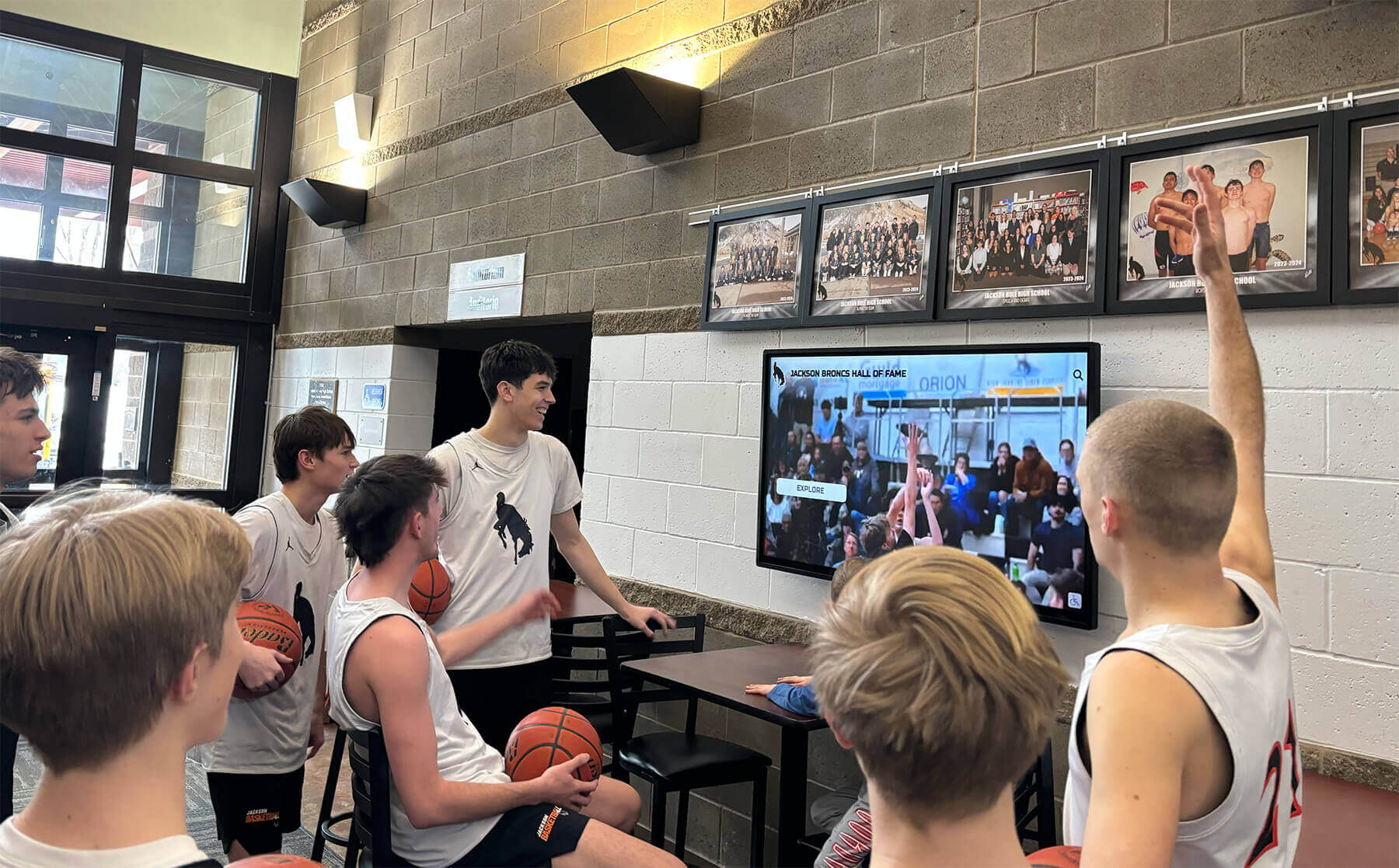
Group discovery sessions where students explore alumni mentors together encourage peer discussion about career interests and mentorship opportunities
Facilitating Meaningful Student-Alumni Connections
Discovery boards represent starting points—successful programs require systematic approaches guiding initial connections toward productive mentorship relationships.
Connection Request Systems
Structured Introduction Processes
Clear procedures ensure appropriate initial contact:
- Student profile creation providing mentors with mentee background
- Connection request forms prompting students to explain interest
- Automated introduction messages facilitating first contact
- Mentor response expectations with time commitment clarity
- Suggested conversation starters helping students prepare
- Meeting scheduling integration simplifying logistics
- Communication platform integration enabling convenient interaction
Managing Mentor Capacity
Sustainability requires reasonable workload distribution:
- Maximum mentee limits preventing mentor burnout
- Queue systems for popular mentors managing demand fairly
- Temporary unavailability options when mentors need breaks
- Alternative suggestions when first-choice mentors unavailable
- Group mentorship options extending mentor reach
- Peer mentorship connections for near-peer guidance
- Alumni ambassador programs for high-engagement volunteers
Setting Appropriate Expectations
Clear guidelines ensure positive experiences:
- Defined mentorship scope preventing unrealistic expectations
- Time commitment clarity for both students and mentors
- Communication frequency guidelines establishing norms
- Professional boundaries maintaining appropriate relationships
- Confidentiality parameters protecting sensitive conversations
- Goal-setting guidance helping students articulate needs
- Success metrics helping participants assess progress
Supporting Ongoing Relationships
Structured Programming and Resources
Systematic support ensures relationship productivity:
- Conversation starter guides for initial meetings
- Topic suggestion resources for ongoing discussions
- Milestone check-ins ensuring relationships progress
- Problem-solving resources addressing common challenges
- Success story sharing inspiring continued engagement
- Recognition for relationship milestones celebrating achievement
- Feedback collection improving program continuously
Communication Platform Integration
Technology enables convenient interaction:
- Integrated messaging systems maintaining communication history
- Video conferencing integration for remote meetings
- Scheduling tools simplifying meeting coordination
- Document sharing for resume reviews and material exchange
- Mobile notifications ensuring timely responses
- Privacy controls protecting personal information
- Analytics tracking engagement levels identifying inactive relationships
Intervention for Struggling Relationships
Proactive support addresses challenges:
- Automated alerts when relationships become inactive
- Coaching support for students struggling to engage
- Mentor support addressing difficult situations
- Relationship transition processes when matches prove ineffective
- Feedback collection identifying systemic issues
- Mediation services for serious conflicts
- Alternative mentor suggestions when necessary
Explore comprehensive academic recognition programs that complement mentorship visibility.
Technology Platforms for Alumni Discovery Boards
Selecting appropriate technology foundations ensures sustainable, user-friendly systems supporting program goals effectively.
Digital Display and Kiosk Solutions
Physical Discovery Stations
Campus-based touchscreen installations increase accessibility:
- High-traffic location placement ensuring student exposure
- Intuitive touchscreen interfaces requiring minimal instruction
- Stand-alone operation without login requirements for browsing
- Featured mentor rotations highlighting diverse options
- QR codes linking to mobile platforms for continued exploration
- Analytics tracking usage patterns informing placement decisions
- Professional hardware ensuring reliability and positive impressions
Solutions like Rocket Alumni Solutions provide comprehensive platforms combining physical touchscreen displays with web-based accessibility, offering institutions complete mentorship discovery ecosystems with both campus presence and remote access capabilities.
Integration with Alumni Recognition
Coordinated systems amplify both programs:
- Discovery boards positioned near alumni recognition displays
- Alumni achievement profiles linking to mentor availability
- Recognition content highlighting distinguished mentors
- Success story displays featuring mentor-mentee relationships
- Physical spaces supporting in-person mentorship meetings
- Campus tours showcasing mentorship program prominence
- Recruiting materials featuring discovery board technology
Learn about digital wall of fame displays that can integrate mentorship discovery.
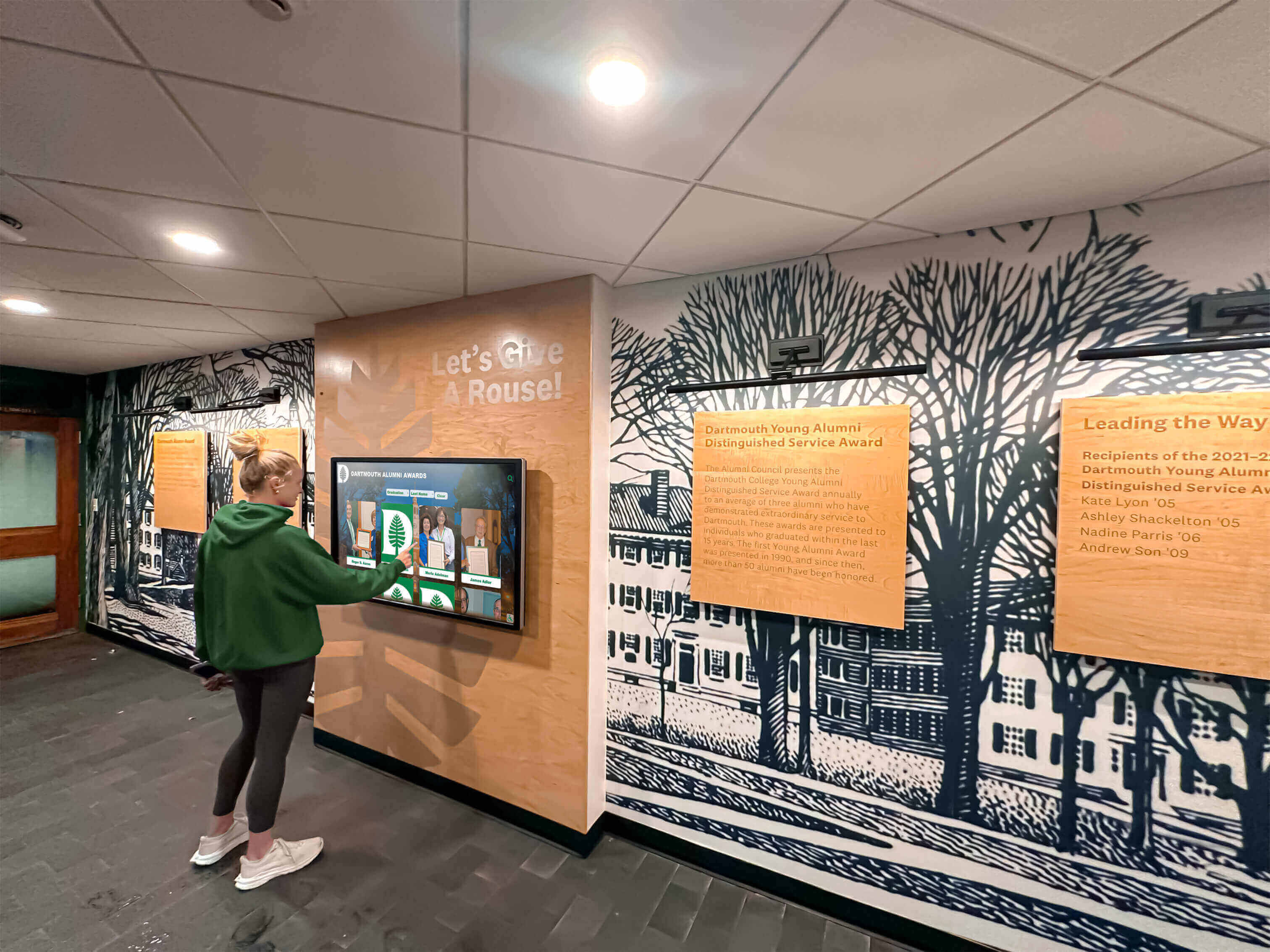
Individual exploration through self-service touchscreens enables students to discover mentors privately while considering career directions
Web-Based Platforms and Portals
Comprehensive Online Systems
Web platforms extend discovery beyond campus:
- 24/7 accessibility from any location enabling flexible exploration
- Robust search and filter capabilities supporting targeted discovery
- Secure messaging systems facilitating ongoing communication
- Profile management enabling updates without technical staff
- Analytics dashboards showing program usage and outcomes
- Integration with existing student portals reducing friction
- Alumni self-service reducing administrative burden
Mobile Application Considerations
Native apps provide enhanced experiences:
- Push notifications increasing engagement and responsiveness
- Offline access to saved mentor profiles
- Superior user experience compared to mobile web
- Camera integration simplifying profile photo uploads
- Calendar integration streamlining meeting scheduling
- Location services enabling local mentor discovery
- App store presence increasing program visibility
However, mobile apps involve substantial development and maintenance costs. Many institutions achieve excellent results through mobile-optimized web platforms avoiding native app complexity while delivering quality mobile experiences.
Third-Party Platform Options
Specialized mentorship platforms offer turnkey solutions:
- Established platforms with proven functionality
- Lower upfront costs compared to custom development
- Regular updates and security patches included
- Training resources and customer support
- Integration capabilities with existing systems
- Scalability supporting growing programs
- Best practice guidance from platform providers
Institutions should carefully evaluate whether dedicated mentorship platforms, custom development, or integrated alumni engagement systems best fit their specific needs, resources, and technical capabilities.
Understanding online high school digital archives provides context for web platform development.
Program Management and Administration
Sustainable mentorship programs require systematic administration ensuring quality experiences for students and alumni while demonstrating measurable institutional value.
Organizational Structure and Staffing
Program Leadership and Coordination
Clear responsibility ensures program success:
- Designated program director or coordinator role
- Sufficient time allocation for proactive program management
- Authority to make program decisions and allocate resources
- Connection to career services and alumni relations offices
- Budget responsibility ensuring adequate resource allocation
- Strategic planning authority shaping program direction
- Evaluation responsibility demonstrating program impact
Cross-Functional Collaboration
Effective programs require institutional coordination:
- Career services providing student-facing connection
- Alumni relations managing alumni recruitment and engagement
- Information technology supporting platform development and maintenance
- Communications marketing program to students and alumni
- Academic affairs connecting to curriculum and student success
- Development leveraging mentorship for fundraising relationships
- Student affairs integrating with broader student support
Student Leadership Opportunities
Peer engagement amplifies program reach:
- Student ambassador programs promoting mentorship to peers
- Mentorship program advisory boards providing student perspective
- Peer mentorship programs complementing alumni connections
- Student organization partnerships leveraging existing networks
- Social media ambassadors creating authentic promotion
- Success story sharing from student participants
- Feedback collection identifying improvement opportunities
Learn about teacher recognition programs providing parallel program management frameworks.
Quality Assurance and Continuous Improvement
Feedback Collection and Assessment
Systematic evaluation informs program enhancement:
- Post-connection surveys capturing immediate experience
- Semester or annual evaluations assessing relationship value
- Focus groups exploring experiences deeply
- Mentor satisfaction surveys ensuring positive volunteer experiences
- Usage analytics tracking discovery board engagement
- Connection rate monitoring ensuring effective matching
- Outcome assessment measuring career impact
Intervention and Problem Resolution
Responsive management addresses issues promptly:
- Clear reporting procedures for concerns or inappropriate behavior
- Rapid response protocols ensuring participant safety
- Conflict resolution processes addressing relationship challenges
- Technical support addressing platform difficulties
- Communication issue resolution improving responsiveness
- Mentor coaching supporting effective guidance
- Student preparation addressing engagement challenges
Program Evolution and Enhancement
Continuous improvement maintains relevance:
- Annual program review assessing goals and outcomes
- Industry trend monitoring ensuring current career relevance
- Technology upgrades maintaining contemporary functionality
- Best practice research learning from peer institutions
- Pilot programs testing new approaches
- Expansion planning growing successful programs
- Recognition programs celebrating program champions
Understanding developing college history timelines provides context for program evolution documentation.
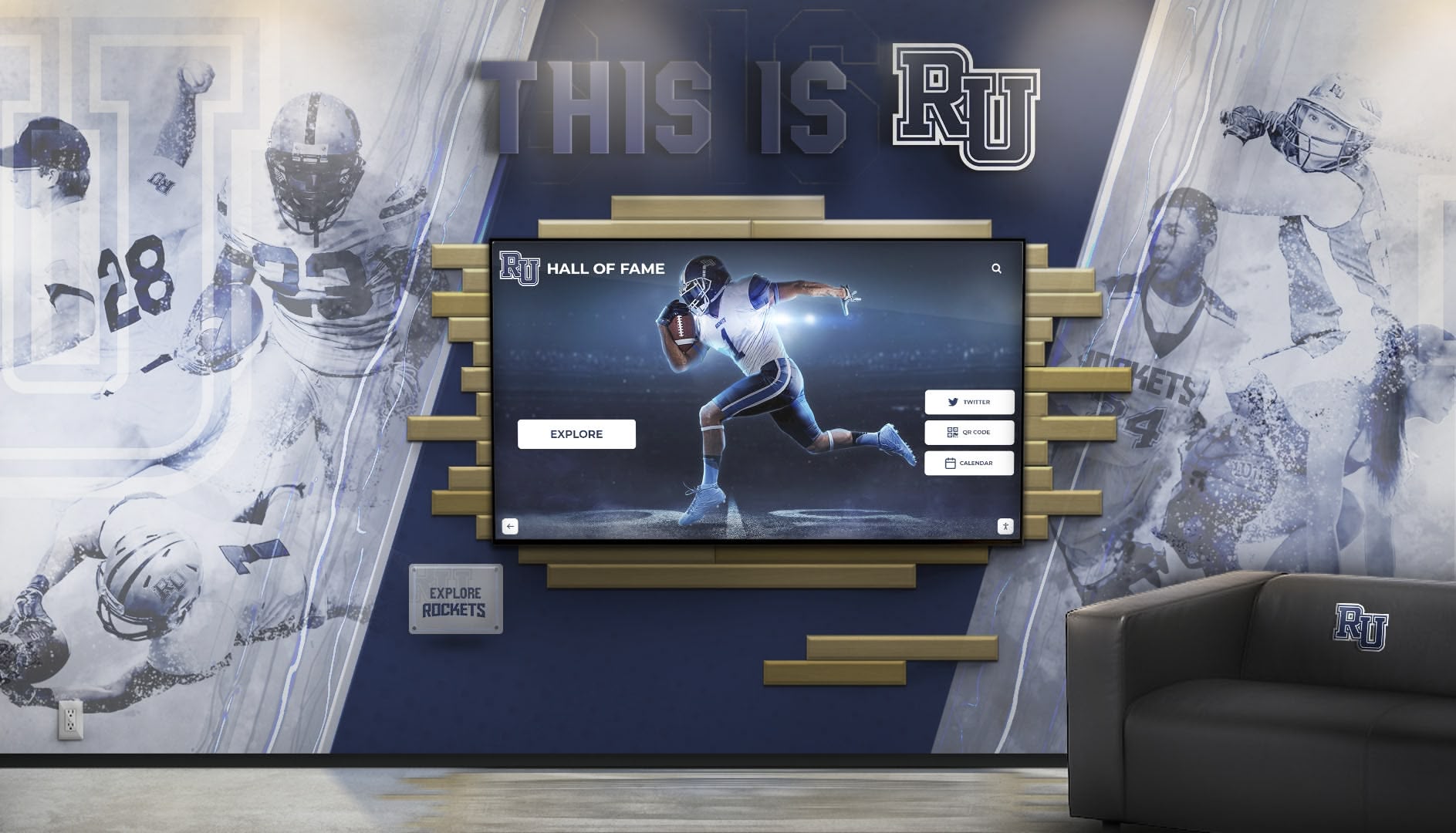
Integrated recognition and discovery systems create comprehensive alumni engagement environments supporting multiple program objectives simultaneously
Marketing and Promoting Discovery Board Adoption
Even excellent platforms require strategic promotion ensuring students and alumni discover and utilize available resources effectively.
Student Awareness Campaigns
Multi-Channel Communication
Comprehensive promotion reaches diverse students:
- Email campaigns to all students and specific cohorts
- Social media content showcasing mentorship value
- Campus digital signage promoting discovery board locations
- Classroom presentations during first-year seminars
- Student organization partnerships leveraging existing networks
- Resident advisor training enabling peer promotion
- Career center integration ensuring service awareness
Compelling Success Stories
Authentic narratives demonstrate value:
- Video testimonials from mentored students
- Written profiles highlighting specific mentor contributions
- Career outcome documentation showing mentorship impact
- Relationship milestone celebrations recognizing achievements
- Before-and-after narratives demonstrating transformation
- Diverse representation showing program serving all students
- Specific examples providing concrete visualization
Strategic Timing and Targeting
Thoughtful promotion maximizes engagement:
- New student orientation introducing mentorship immediately
- Junior year campaigns as career planning intensifies
- Pre-graduation promotion connecting to job search
- Re-engagement campaigns reaching inactive students
- Major-specific promotion highlighting relevant mentors
- First-generation student targeting providing critical support
- Transfer student welcome emphasizing connection opportunities
Alumni Mentor Recruitment Marketing
Demonstrating Program Value
Effective messaging emphasizes alumni benefits:
- Impact stories showing mentor influence
- Time commitment clarity addressing participation barriers
- Flexibility emphasis fitting busy professional schedules
- Networking benefits connecting mentors with peers
- Recognition opportunities validating volunteer contributions
- Professional development through teaching and reflection
- Personal fulfillment supporting next generation success
Leveraging Alumni Networks
Strategic channels reach potential mentors:
- Alumni magazine features highlighting program
- Regional chapter presentations recruiting local mentors
- Reunion communications encouraging class participation
- LinkedIn alumni group promotion
- Young alumni board member recruitment
- Industry-specific outreach targeting high-demand fields
- Distinguished alumni invitations modeling participation
Recognition and Appreciation
Gratitude encourages sustained engagement:
- Annual mentor appreciation events celebrating contributions
- Public recognition through institutional communications
- Certificates or awards documenting service
- Social media spotlights highlighting individual mentors
- President or dean thank you letters
- Exclusive mentor community building belonging
- Impact reports quantifying collective mentor contributions
Explore digital storytelling approaches applicable to mentorship promotion.
Measuring Program Success and Impact
Systematic assessment demonstrates value while identifying enhancement opportunities ensuring continuous program improvement.
Key Performance Indicators
Participation Metrics
Foundational measures track program adoption:
- Number of active mentor profiles in discovery board
- Student accounts created and active users
- Connection requests initiated by students
- Successful matches resulting in ongoing relationships
- Average response time for mentor replies
- Relationship duration and meeting frequency
- Repeat usage by students connecting with multiple mentors
Engagement Quality Indicators
Deeper metrics assess relationship substance:
- Student satisfaction ratings with mentorship experiences
- Mentor satisfaction with program structure and support
- Relationship goal achievement reported by participants
- Specific outcomes—internships secured, jobs obtained, graduate school acceptances
- Skill development student reports through mentorship
- Career clarity increases measured through surveys
- Confidence gains in professional preparation
Institutional Impact Measures
Broader indicators connect mentorship to institutional success:
- Retention rate comparisons between mentored and non-mentored students
- Graduation rate differences attributable to mentorship
- Career outcome improvements for program participants
- Alumni engagement rate increases through mentorship participation
- Philanthropic giving correlation with mentor involvement
- Recruiting advantage measured through yield rate improvements
- Reputation enhancement through awards and recognition
Learn about semester recognition approaches applicable to mentorship milestone celebration.
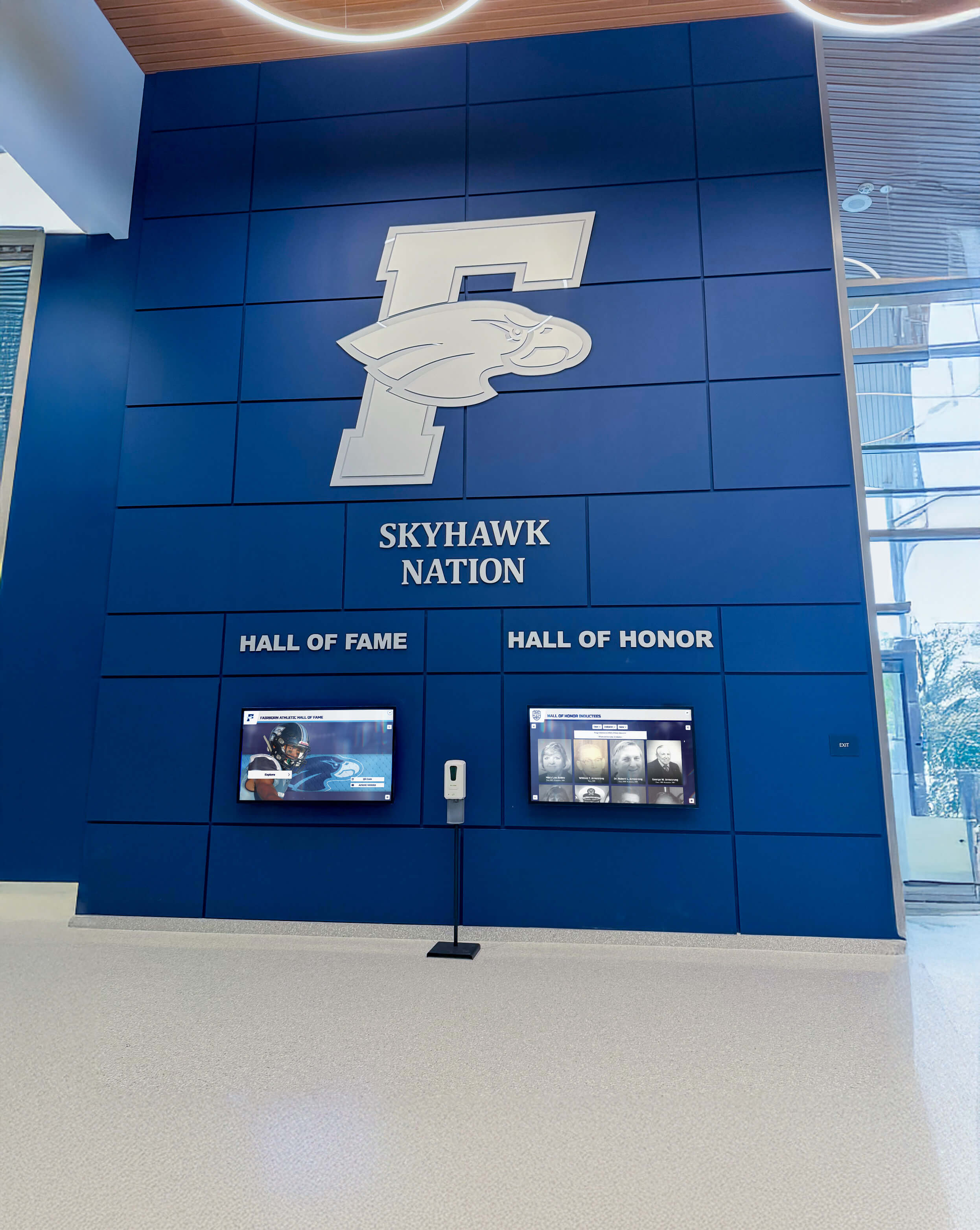
Prominent discovery board placement in high-traffic campus areas ensures students regularly encounter mentorship opportunities throughout daily routines
Outcome Assessment and Research
Career Trajectory Tracking
Long-term analysis demonstrates sustained impact:
- First job placement rate comparisons
- Starting salary differences when data available
- Career satisfaction measures in post-graduation surveys
- Graduate school acceptance rates
- Professional achievement tracking over years
- Career advancement pace comparisons
- Industry sector entry patterns
Qualitative Research Methods
Narrative data provides rich understanding:
- In-depth interviews with program participants
- Focus groups exploring mentorship experiences
- Open-ended survey responses capturing nuance
- Longitudinal case studies following relationships over time
- Alumni career retrospective analysis crediting mentorship
- Mentor perspective research understanding volunteer experience
- Comparative analysis with peer institution programs
Return on Investment Analysis
Financial assessment justifies resource allocation:
- Cost per successful mentorship connection
- Student retention value attributable to mentorship
- Alumni engagement cost savings through mentorship volunteering
- Fundraising return from mentor donor conversion
- Recruiting cost reductions through improved yield
- Operational efficiency gains through technology platforms
- Comparative value versus alternative student support investments
Understanding trophy case capacity planning provides analogous frameworks for program resource allocation.
Addressing Common Challenges and Solutions
Understanding frequent obstacles enables proactive program design preventing issues before they undermine success.
Student Engagement Challenges
The Challenge
Despite available mentors, many students never initiate connections due to uncertainty, intimidation, or procrastination.
Solutions
- Mandatory first-year mentorship connections through orientation programs
- Faculty integration recommending specific mentors for student interests
- Peer ambassador outreach personally encouraging connection
- Low-stakes initial events like group Q&A sessions reducing intimidation
- Clear process guidance removing confusion barriers
- Success story promotion demonstrating approachability
- Gentle persistence through periodic reminders without overwhelming
Mentor Response and Follow-Through
The Challenge
Some mentors create profiles but fail to respond promptly or consistently to student connection requests.
Solutions
- Clear expectation setting during recruitment about response commitments
- Automated reminders when connection requests await response
- Capacity management limiting new requests when mentors become unresponsive
- Gentle accountability check-ins from program staff
- Profile status options allowing temporary unavailability
- Recognition programs celebrating responsive mentors
- Removal procedures for persistently unresponsive participants
Relationship Sustainability
The Challenge
Many mentor-mentee relationships start enthusiastically but fade quickly without ongoing structure or purpose.
Solutions
- Goal-setting frameworks providing relationship direction
- Conversation starter resources preventing awkward silences
- Milestone suggestions creating natural progression
- Check-in surveys prompting relationship reflection
- Success celebration opportunities maintaining momentum
- Group activities bringing multiple pairs together
- Natural ending point acknowledgment enabling graceful conclusion
Understanding Big Brother Big Sister program approaches provides mentorship sustainability insights.
Conclusion: Building Sustainable Mentorship Discovery Ecosystems
Student mentorship alumni discovery boards represent powerful infrastructure connecting students with accomplished graduates who can provide invaluable guidance, support, and networking that transforms educational experiences and career trajectories. When implemented thoughtfully through user-friendly technology, comprehensive alumni engagement, systematic relationship facilitation, and continuous program improvement, discovery boards become sustainable ecosystems delivering measurable value to students, alumni, and institutions for decades.
The strategies explored throughout this guide provide complete frameworks for building mentorship discovery systems that appropriately serve diverse student populations while creating meaningful engagement opportunities for alumni seeking purposeful institutional connection. From digital platforms enabling efficient mentor discovery to systematic program management ensuring quality experiences to comprehensive assessment demonstrating measurable impact, modern approaches transform occasional informal mentorship into strategic, scalable programs woven throughout institutional identity.
Ready to create student mentorship alumni discovery boards that connect students with valuable guidance while strengthening alumni engagement? Modern recognition and discovery solutions help institutions build comprehensive platforms showcasing alumni expertise while facilitating meaningful connections that support student success. Solutions like Rocket Alumni Solutions provide comprehensive digital platforms specifically designed for educational institutions, offering unlimited alumni profile capacity, intuitive search and discovery capabilities, integrated communication tools, and professional touchscreen hardware creating prominent campus presence.
Whether establishing first-time mentorship programs or enhancing existing initiatives, success requires aligning technology with institutional culture, ensuring platforms serve both student and alumni needs, creating sustainable administration supporting quality experiences, and committing to ongoing program evolution maintaining relevance and impact for all participants.
Your students deserve access to the collective wisdom, experience, and networks of accomplished alumni who came before them. Your alumni deserve meaningful engagement opportunities that fit their schedules while delivering genuine impact. With strategic planning, appropriate technology investment, and systematic program management, you can build mentorship discovery ecosystems serving students and alumni effectively for decades—ensuring career guidance becomes systematic institutional strength rather than random occurrence depending on personal connections.
Start planning your student mentorship alumni discovery board today, whether establishing comprehensive programs for the first time or modernizing existing approaches. The essential elements aren’t budget size, technology sophistication, or alumni database scope—they’re genuine commitment to student success, systematic approaches facilitating quality connections, sustainable administration supporting ongoing relationships, and continuous improvement ensuring programs evolve meeting changing student needs and career landscape realities while strengthening the alumni engagement that enriches institutional communities and supports mission fulfillment for generations to come.




































